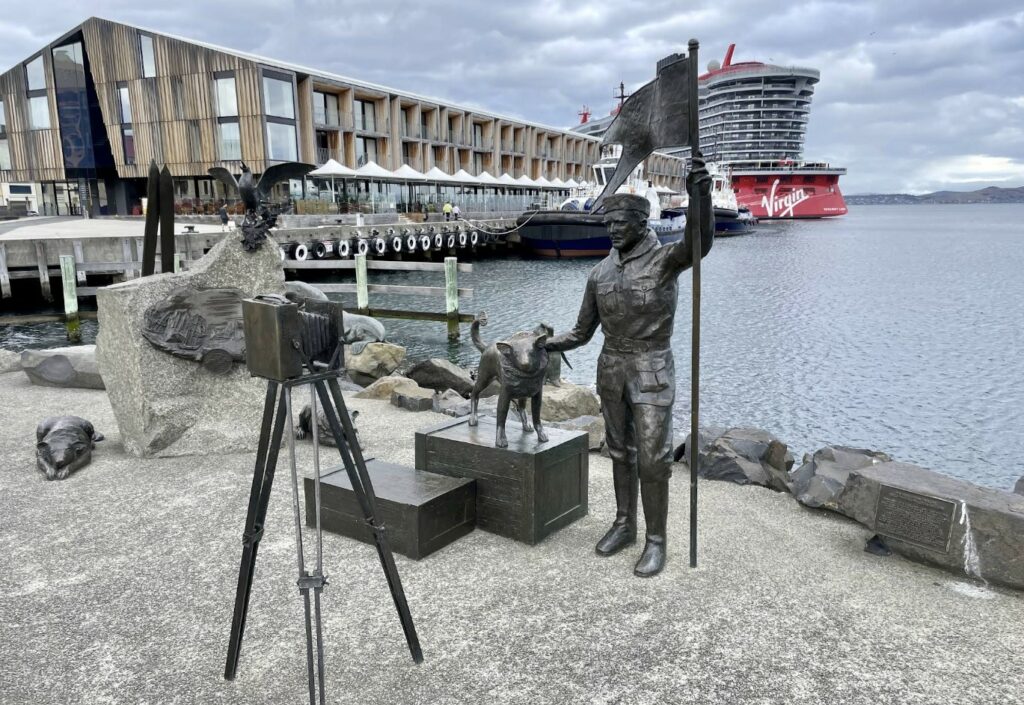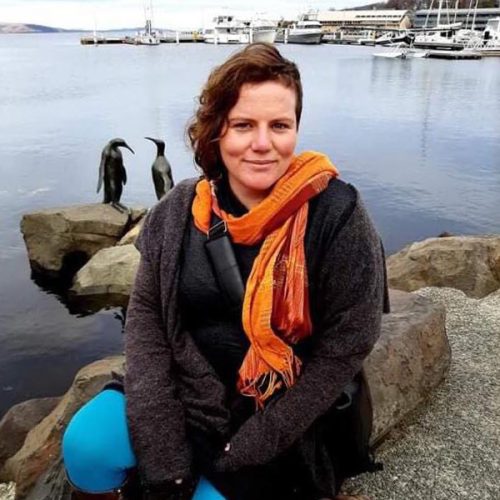
RST Apology to Tasmanian Aboriginal people 2021.

RST Apology to Tasmanian Aboriginal people 2021.
In the face of mounting environmental and political challenges, it is more important than ever for members of the public to understand and care about Antarctica. Little is known, however, about the types of strategies that work (or don’t work) when it comes to engaging the public in Antarctic matters. In this talk, Dr Katie Marx shares the findings from her PhD research, which used Hobart as a case study to explore what the Antarctic sector can do to support community members to develop a stronger relationship with the far south


Katie Marx is a Postdoctoral Research Fellow in the School of Humanities, College of Arts, Law and Education. Her doctoral research focused on the concept of place attachment in Hobart, an Antarctic gateway city. From this, she has built an interest in exploring how we can support members of the public to form a meaningful relationship with remote places (such as Antarctica) that they themselves may never visit. Katie has a professional background in community development; a skillset that she draws upon when examining methods for increasing public participation in the conservation of the polar regions. Along with Professor Elizabeth Leane, Katie is the current co-lead of the Public Engagement with Antarctic Research Action Group within the international Scientific Committee on Antarctic Research. She has tutored in a range of subjects, including environmental communication and marine and Antarctic governance, and she tends to spend her summers working as a historian and guide with tour operators on the Antarctic peninsula.

The Royal Society of Tasmania acknowledges, with deep respect, the traditional owners of this land, and the ongoing custodianship of the Aboriginal people of Tasmania. The Society pays respect to Elders past, present and emerging. We acknowledge that Tasmanian Aboriginal Peoples have survived severe and unjust impacts resulting from invasion and dispossession of their Country. As an institution dedicated to the advancement of knowledge, the Royal Society of Tasmania recognises Aboriginal cultural knowledge and practices and seeks to respect and honour these traditions and the deep understanding they represent.

On 15 February 2021, the Royal Society of Tasmania offered a formal Apology to the Tasmanian Aboriginal people.